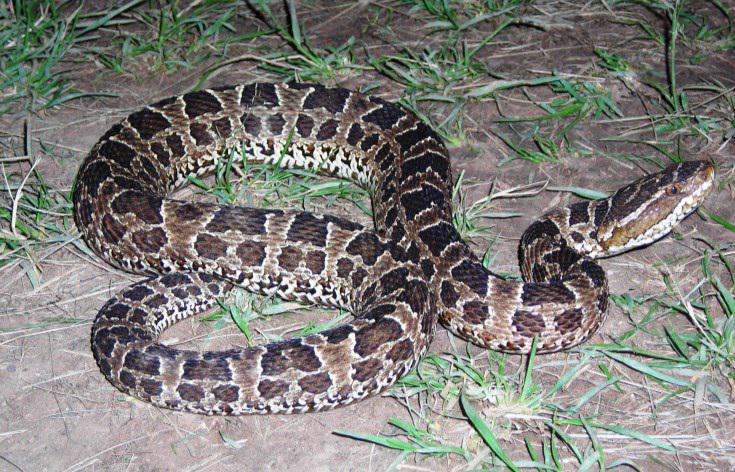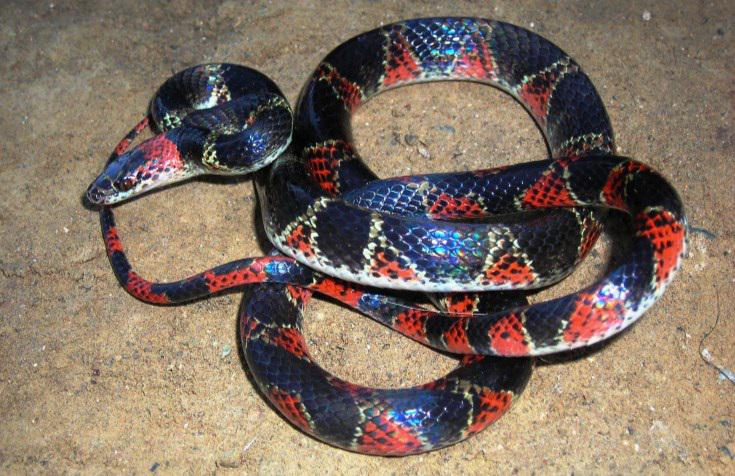Luis Rolando Rivas
Other projects
9 May 2013
Conservation of the Threatened Reptiles and Endemic in the Interandean Dry Valleys and Highlands of Bolivia
The conservation of Bolivian reptiles, developing diversity and ecological assessments and organizing education workshops in rural communities.

Rhinocerophis jonathani
Bolivian biodiversity is one of the less studied in South America; among the vertebrates, the reptiles are the group with less information in the country. Most of the available information on Bolivian reptiles is simply descriptions, checklists and general studies. This situation shows the lack of research about their ecology, biogeography, and conservation status. At the moment, Bolivia holds more than 280 species of reptiles, more than 10% of those are endemic to the country, and several other species have been recorded only in the original description’s locality. However, the numbers of reptile records are constantly increasing in Bolivia thanks to new assessments developed across the country, but there is still no information on the conservation status. Therefore, several populations are under a high risk due to the habitat destruction; misunderstanding of people that believe that almost all reptiles are venomous; local harvesting of reptiles destined for commerce as pets, food or derived products.

Oxyrhopus rhombifer
This Project will provide very important data about the Bolivian reptiles, mainly from areas with no previous studies or regions with endemic or threatened species. This information will help conservation institutions and researchers develop management plans and conservation strategies.
Through educational workshops we want people to have a direct contact with the reptiles and see for themselves that not all are dangerous. With this activity we plan to reach a high number of people from rural communities, park-guards, and tourism guides, and educate them about the high diversity, singularity, role in the ecosystems, and threats that Bolivian reptiles are currently suffering. Moreover, we think this activity will change the erroneous concepts of people about reptiles, and start working with conservation of reptiles with the support of the rural communities and other interested institutions.
We will produce educational material showing important facts about reptiles. This material like posters, calendars, pamphlets and others will be disseminated to rural communities in the workshops and people in general that will visit the reptile exhibition in the Alcide d’Orbigny Museum. The fieldwork will be carried out by two researchers in 10 days; one dedicated to educational workshops.